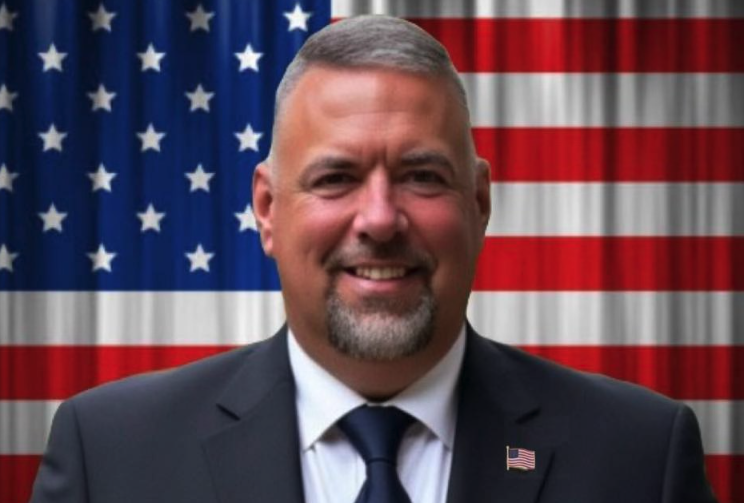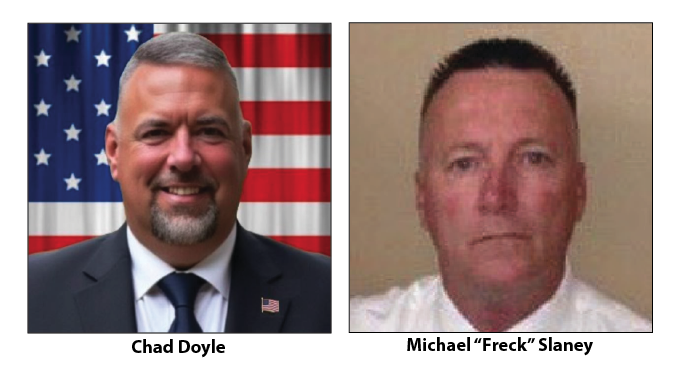Port Board says it will expropriate land
Published 7:21 am Tuesday, November 18, 2014
The Port of Lake Charles board of commissioners on Monday unanimously approved for staff to acquire land from property owners who are unwilling to sell to Sasol North America for its multi-billion-dollar expansion project.
After a two-hour presentation by Sasol representatives about the benefits of the acquisition, the board heard from an attorney who claimed the port is unlawfully taking land against the will of the property owner.
Attorneys for the landowner cited Article 1, Section 4 of the Louisiana Constitution — a Louisiana law that prohibits the expropriation of land unless it is for a “public” purpose. Expropriation occurs when a public body acquires private property for a purpose decided to be in the public interest.
Trending
Attorneys dubbed the board’s decision “an abuse of power” that leads down a “slippery slope.”
All but 23 parcels have agreed to sell. Of those landowners is business owner Vernon C. Meyer, who has yet to come to a monetary agreement with Sasol. Meyer must relocate his business, M&D Construction, located at 2755 Houston River Road in Westlake.
Jody Lavergne, attorney with Stutes and Lavergne, is representing the landowner.
“I think the board made a mistake by passing the resolution, but the board did make it clear to us and to Sasol that they were only passing the resolution because it still left communications open for at least 60 days because what they really want is a mutual agreement,” Lavergne said after the meeting.
Lavergne asked the board to table the item for one month — a request that was denied. If an agreement is not made in time, the port can move forward with expropriation.
Sasol has successfully acquired 92 percent of the properties the company needs for project execution.
Trending
The land being expropriated — mostly small parcels — will be used for railroads, operating equipment and maintenance shops, said Mike Hayes, manager for public affairs for Sasol. He said he was pleased with the board’s decision.
“We have the opportunity to meet our project schedule,” Hayes said after the meeting. “Right now we are in the process of clearing the site and building the site up. This will put those properties into the position to address them as a part of the construction process.”
Hayes said Sasol will continue to meet with property owners to negotiate a deal.
“It’s our wish that we acquire all of these properties out right through purchase,” Hayes said. “We’ve been working with these landowners since 2012. Every negotiation has two sides. There viewpoint is different from our viewpoint but our viewpoints are opposite.”
What is being debated is the interpretation of what a “public purpose” entails. The Port had two outside attorneys speak about why the parcels of land can be expropriated legally for a “public purpose,” pinpointing the beneficial consequences to the local economy. New jobs, new taxes and the purchase of goods and services locally were touted.
Mike Dees, legal counsel for the port, read amendments that give exceptions to the rule for public bodies to assist industry in economic development.
Within the past 30 years, the port has expropriated land for various reasons, including an instance in 1978 for Trunkline LNG and Lake Charles Clean Energy in 2014.
“Primarily the port — just like everyone — is governed by the Constitution of the state, and Article 6, Section 21 really mandates to us what our role is and we are to assist local industry,” Dees said at the meeting. “The language is pretty clear.”
The article gives the port the ability to acquire land through expropriation in order to lease to industry. Dees said there comes a point when property owners are “unreasonable.”
In other business, the port approved a proposal with Venture Global, which is interested in building a $4.5 billion LNG facility on port property. The port approved terms to take an option on 180 acres and let the company investigate the site. Venture Global will decide whether the geography of the land and environmental factors are up to par with its plans before entering a lease agreement.
“If that site is ultimately approved, then they will exercise their right for a longterm lease with the port — much like we have done for Trunkline LNG, Magnolia LNG and Cameron LNG,” Dees said.
The agreement is a 12-month option for $375,000.





